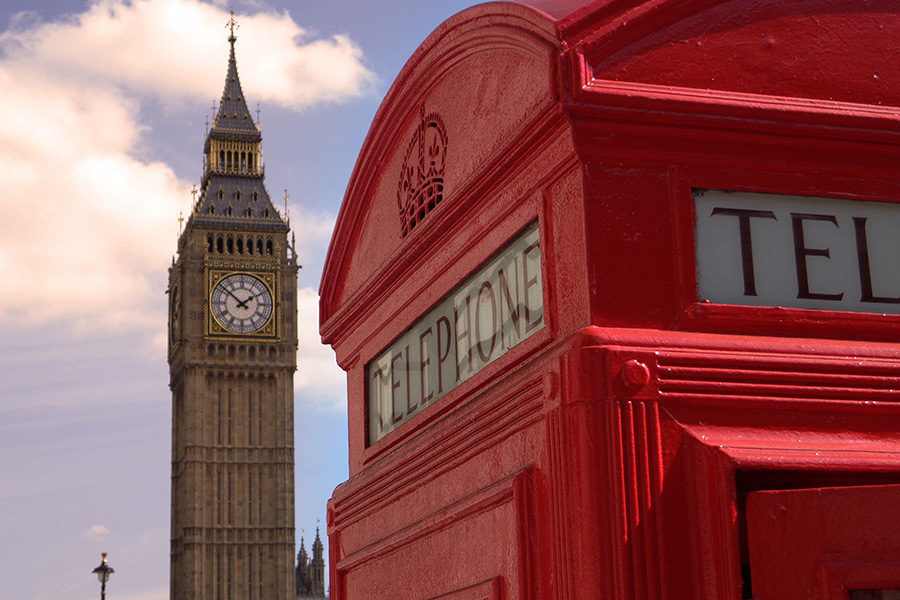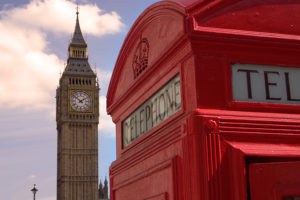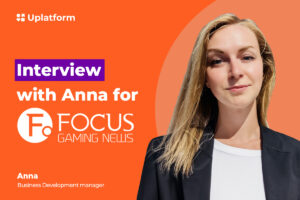UK chancellor raises concerns over affordability checks

Rishi Sunak has raised concerns directly with the DCMS about the new checks imposed on bookmakers.
UK.- The Chancellor of the Exchequer, Rishi Sunak, has raised concerns with the Department of Culture, Media and Sport (DCMS) about enhanced affordability checks for bookmakers following complaints from the horse racing industry.
Senior figures in British horse racing have raised fears that the Gambling Commission’s proposed checks could harm the sector’s finances to the tune of £60m a year.
Horse racing delegates in Sunak’s Richmond North Yorkshire constituency wrote to the Chancellor opposing the proposal, which forms part of the government’s review of the 2005 Gambling Act.
The proposed measures include a “safety threshold” that would allow players to incur a maximum £100 loss before being asked to provide evidence that they can afford to bet.
The racing sector fears that such a blanket measure would severely impact the sport’s revenues.
Sunak, who is preparing to deliver the UK budget on March 3, is said to have contacted DCMS secretary Oliver Dowden directly to raise his concerns.
The British Horseracing Authority’s new CEO, Julie Harrington, has also raised the industry’s concerns with the head of the Gambling Commission, Neil McArthur.
She warned that racing could not afford to lose more revenue after losing £250m due to the impact of the Covid-19 pandemic on racecourses.
Michael Dugher, chief executive of the Betting and Gaming Council (BGC), has also spoken out against blanket measures.
He wrote on Twitter: “I support enhanced affordability checks on betting, but these should be targeted towards at-risk groups – not the millions of people who bet perfectly safely.
“If checks are unnecessarily onerous, punters will go to the unsafe, unregulated black market.”
Reports have begun to emerge on what could be in store for the gaming industry with the current review of legislation. It’s been reported that a ban on gambling sponsorship in sports is looking increasingly likely.











